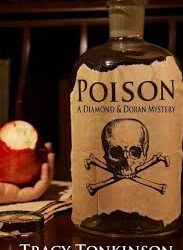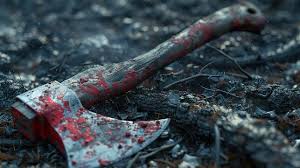In the rural area of Mutasa, a family is ensnared in a profound conflict involving ancestral spirits, modern legal complexities, and accusations of murder that date back several decades.
The spirits of Lazarus and Rishoni Madekerera have allegedly returned to claim retribution for their d3aths, asserting they were killed by their father, Jairos Madekerera, stirring traditional beliefs that clash with contemporary legal practices.
Initially, Lazarus’s spirit demanded an unusual compensation—a wife—but this was swiftly rejected as illegal, leading to a new list of demands that included a female elephant, 35 cattle, a house, farmland, and a proper tombstone, highlighting the severity of the spirits’ grievances.
Passmore Madekerera, Lazarus’s brother, faces the burden of appeasing the spirits while firmly rejecting their claims, insisting that Lazarus’s d3ath was a s_icide resulting from a tragic incident involving a fire and his father’s reaction.
Adding to the intricacies of the situation, their mother, Precious Gunja-Madekerera, supports the spirits’ accusations, recounting that her late father had implicated Jairos in multiple murders prior to his own de_th.
This internal family strife not only reflects deep-seated historical grievances but also evokes generational trauma that resurfaces amid modern judicial proceedings.
In a bid for resolution, Precious has turned to the local court for guidance, yet Chief Mutasa has recommended consulting a traditional healer as a preliminary step.











